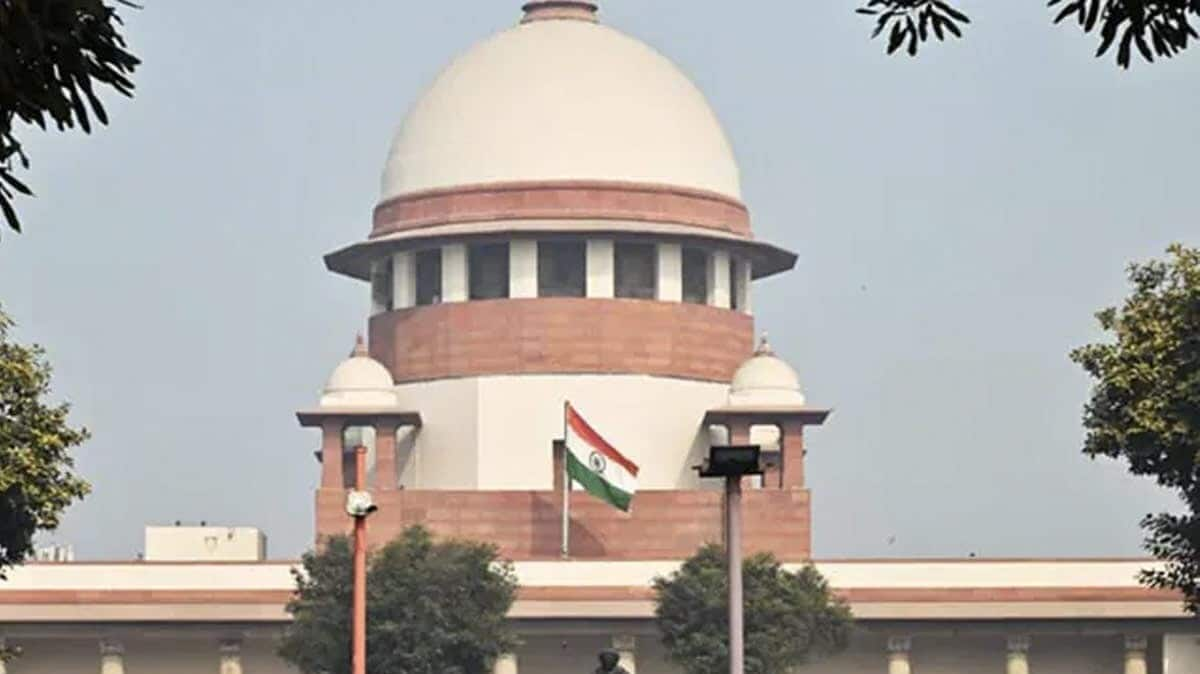
SC slams air quality commission for inaction on stubble burning
What's the story
The Supreme Court has expressed its dissatisfaction over the lack of substantial action to address Delhi's annual air pollution problem. "Everybody knows that except discussion nothing is happening. That is the harsh reality of this," Justice AS Oka said during a hearing on Thursday. The bench, also comprising Justices A Amanullah and AG Masih, criticized the lack of enforcement against those violating orders from the Commission for Air Quality Management (CAQM).
Inaction scrutinized
SC questions CAQM's efforts to combat stubble burning
The Supreme Court had previously instructed the CAQM to provide an affidavit detailing its measures against stubble burning, a major contributor to Delhi's poor air quality. During the hearing, Justice Oka pointed out that the committee had only convened three times in nine months without any discussion on stubble burning. "The last meeting was on August 29. Entire September, there was no meeting," he noted.
Enforcement issues
Court criticizes lack of enforcement and implementation
Justice Oka further questioned the absence of 11 members from a sub-committee meeting on safeguarding and enforcement, asking, "Is this the seriousness which is being shown?" He emphasized the need for action at the grassroots level, stating that without prosecution, no one would take notice. When informed about registered FIRs under sections related to disobedience of public servant orders, he responded saying they had chosen the softest provision available for prosecution.
Legal provisions
SC questions government's response to stubble burning cases
The court suggested that more severe measures could have been taken under Section 14 of the CAQM Act and Section 15 of the Environmental Protection Act. The government counsel defended their actions by stating that they did not take drastic measures because air pollution levels had come down. However, Justice Oka questioned why action was not taken against those responsible for 129 cases of stubble burning in 2024 and why Section 15 of the Environmental Protection Act was not invoked.
Proposed solutions
Court discusses solutions, highlights staffing issues
The court also discussed the use of machines to remove crop stubble and prevent field fires. The Punjab government's lawyer suggested providing farmers with the cost of running these machines. However, the court responded by saying, "So you are trying to tell us that we will do nothing unless we get money from the central government?" The bench also noted a shortage of staff on state pollution control boards and questioned their ability to address pollution and stubble burning issues.